Australian Prime Minister Anthony Albanese expressed his readiness to "engage" with Elon Musk after the billionaire, who owns X (formerly Twitter), criticized the Australian government's new law banning under-16s from joining social media. The law, passed on Thursday, mandates that social media platforms take "reasonable steps" to prevent young teens from accessing their services. While the law is set to take effect in 12 months, the specifics of its enforcement, such as how platforms will verify users' ages, remain unclear.
Musk had criticized the law on X, suggesting it could be a "backdoor way to control access to the Internet by all Australians." In response to Musk's remarks, Albanese acknowledged Musk's right to push his agenda as the owner of X, but emphasized that the Australian government was open to discussions. When asked about Musk’s connection to former President Donald Trump, Albanese reiterated, "We will engage."
The new law threatens significant fines—up to AUD 50 million (USD 32.5 million) for "systemic breaches"—against social media firms that fail to comply. Musk's platform, X, has already faced legal trouble in Australia, having been fined USD 417,000 for failing to address harmful posts on the site.
Albanese defended the legislation, stressing that it would not require individuals to provide identification but would place the responsibility on social media companies to prevent under-16s from accessing their platforms. He pointed out that social media companies possess more personal data about users than many of their close friends, implying they are capable of implementing age verification measures.
The prime minister also underscored the need for action, citing tragic stories of families affected by bullying on social media. While several major social media companies have expressed willingness to cooperate, they have also criticized the law, calling it rushed and lacking clarity. UNICEF Australia echoed concerns, warning that the law could push children into "covert and unregulated" online spaces, and emphasized that it was not a "silver bullet" for combating online harm.



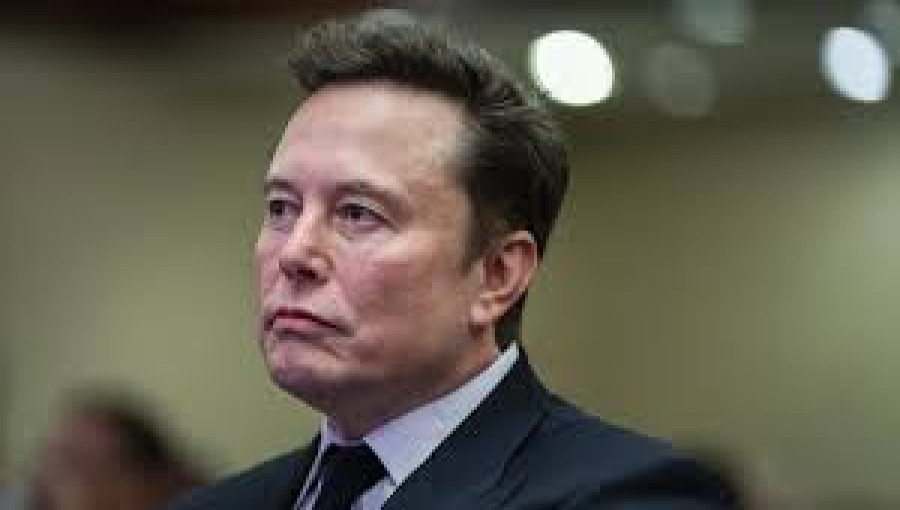

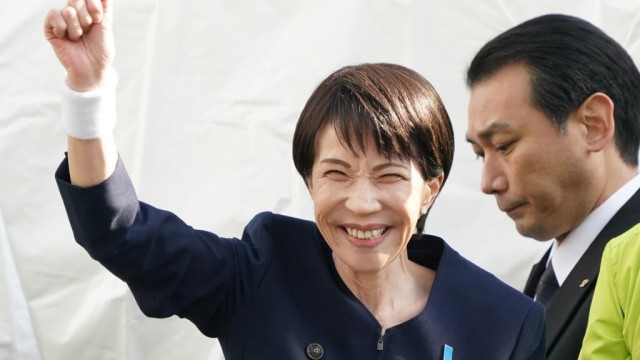




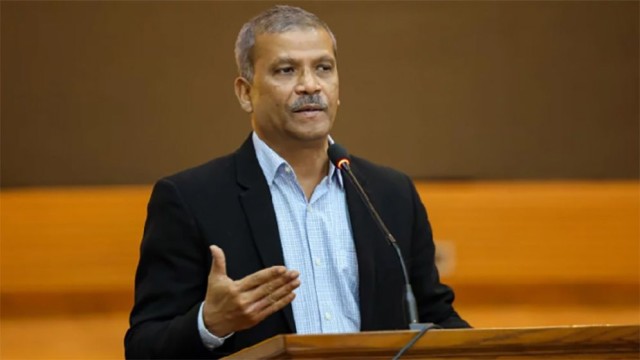
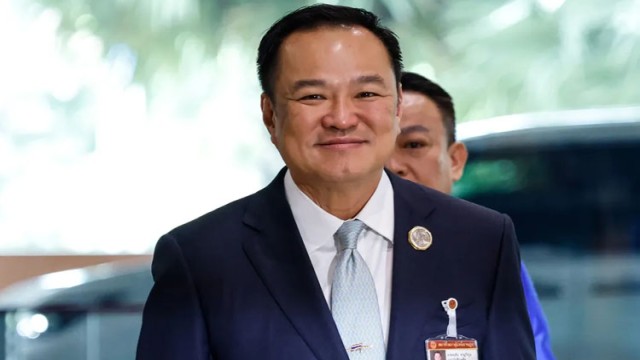
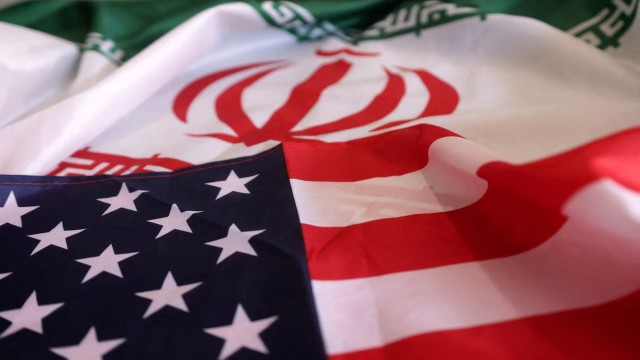


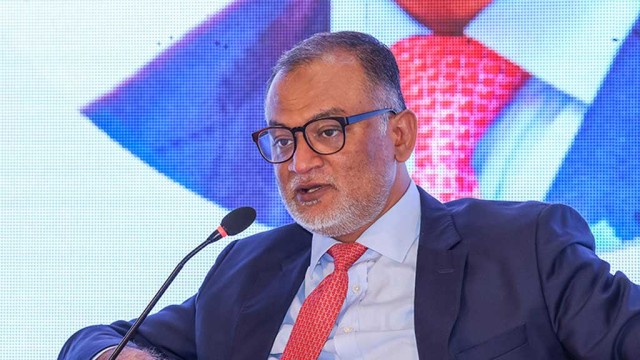












Comment: